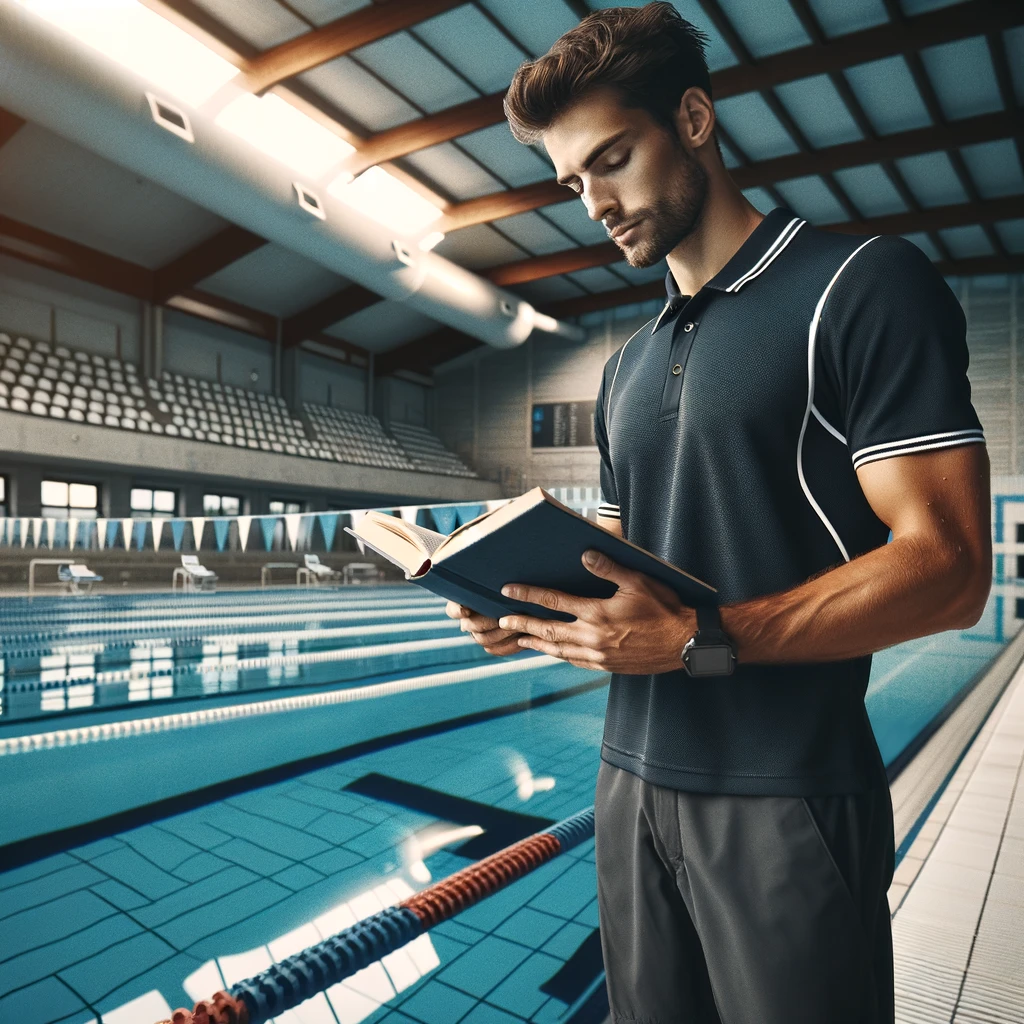
The journey of a coach is a never-ending quest for excellence. Coaches play a pivotal role in shaping athletes, guiding them towards success, and instilling values that extend far beyond the playing field. To be an effective coach, one must embrace the concept of lifelong learning, constantly seeking new knowledge, strategies, and perspectives. In this blog post, we delve into the importance of coaches being committed to continuous learning, both personally and professionally.
- Staying Current in a Changing Landscape. The world of sports, including swimming, is dynamic and ever-evolving. New techniques, training methodologies, and technologies emerge regularly. Coaches who are committed to learning stay current with the latest trends and innovations, ensuring they provide their athletes with the best possible guidance. Whether it's staying updated on the latest stroke techniques or exploring cutting-edge training tools, continuous learning keeps coaches at the forefront of their field.
- Adapting to Athletes' Needs. No two athletes are the same. Effective coaching requires a deep understanding of each athlete's unique strengths, weaknesses, and goals. Lifelong learning allows coaches to expand their toolkit, learning how to tailor their coaching style to meet the individual needs of each swimmer. This adaptability fosters a more supportive and effective coaching environment.
- Developing Leadership Skills. Coaching isn't just about improving physical performance; it's also about nurturing leadership and mentorship skills. Coaches who prioritize personal growth and self-improvement develop stronger leadership qualities. These skills extend beyond the pool, enriching the coach's personal and professional life.
- Fostering Innovation. Innovation often arises from the integration of diverse ideas and approaches. Lifelong learners are more likely to think outside the box, experiment with novel training methods, and explore creative solutions to challenges. As a result, they contribute to the evolution of the sport and inspire their athletes to do the same.
- Inspiring Athletes. Athletes look up to their coaches not only as mentors but also as role models. When coaches demonstrate a commitment to learning and personal growth, they inspire their athletes to do the same. It sends a powerful message about the value of continuous improvement and the pursuit of excellence.
- Balancing Personal and Professional Growth. Lifelong learning isn't limited to the professional realm. Coaches also benefit from personal development. Whether it's exploring hobbies, nurturing relationships, or pursuing passions outside of coaching, a balanced approach to growth leads to a more fulfilled and effective coach.
Coaching is a dynamic and multifaceted profession that demands a commitment to lifelong learning. Coaches who embrace this journey, continually seeking to expand their knowledge, adapt to change, and develop leadership skills, become the catalysts for their athletes' success. Moreover, they inspire a culture of growth, innovation, and excellence that extends far beyond the pool, shaping both athletes and coaches into better versions of themselves. So, fellow coaches, let's dive into the deep waters of lifelong learning and embark on a journey of continuous self-improvement, both personally and professionally.